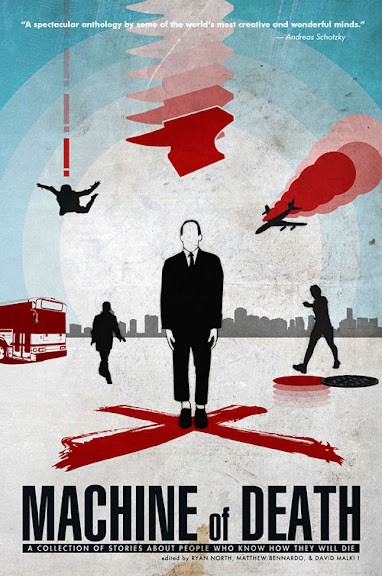Kassia Kroser has written an extensive and thoughtful blog post about sustaining book-related online conversations which goes into useful detail about many of the issues. Some of what she has been talking about (having a single place to go to to bring together discussion about a book) seems to be being tackled by the Open Library but while that site links to a few book review sites this still means in order to see a range of readers’ thoughts about a book you have to visit several sites.
To my mind the biggest problem for social reading at the moment is that aside from Amazon (whose reviews are not well-presented and whose database is deficient in a number of ways) there is no single site or service which has built up sufficient scale to act as a ‘one-stop-shop’ aggregator of meta-book commentary in the way that the IMDB for example is the ‘go to’ place to find meta-film commentary and information. Of course if such a space did exist you’d then have the problem of dealing with an effective monopoly – something we are already encountering to some extent with Amazon and online book purchasing – though if the space were owned and run by a consortium of publishers or by a not-for-profit organization then the risks would be less than would be the case if it were run by a single for-profit entity.

